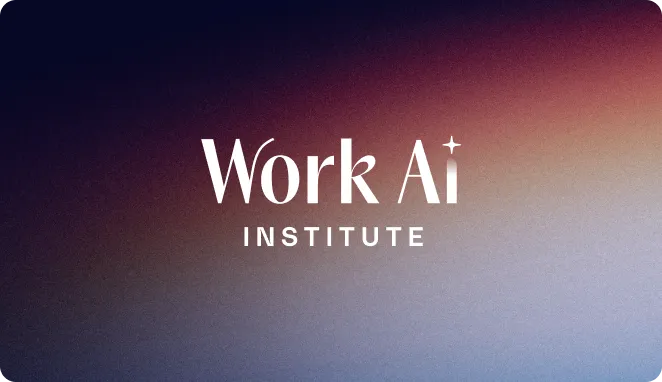- Effective knowledge management is crucial for retaining institutional knowledge and reducing ramp time for new engineers, especially in the face of talent shortages.
- Allowing engineers to choose their preferred tools can enhance productivity, as they perform best with technology they are comfortable with. Avoiding inflexible software ecosystems is important.
- Organizations should consider integrating generative AI technology to improve collaboration and productivity, especially in a complex and global working environment.
To stay competitive, software engineering teams need to scale and grow their capabilities to match the pace of their rivals. But amidst an ongoing drought of engineering talent, along with the increasingly arduous process of getting new developers up to speed, doing so is harder than ever. The emergence and adoption of new productivity tools, including generative AI, also presents new opportunities and risks for software teams looking to stay ahead of the curve.
In this blog, we’ll be exploring what strategies your software engineering teams need to stay competitive, without simply relying on hiring new talent and struggling with unwanted SaaS sprawl.
Talent and knowledge management
When experienced engineers leave your company, you lose more than just a talented employee – they take with them their wealth of institutional knowledge and know-how. Although these aren’t tangible assets, they’re essential to helping your teams deliver better work, faster. Valuable resources such as old code references, errors, and important project context, may be lost for good – forcing your teams to work from scratch when they encounter a repeat situation that you've already solved years ago.
Having a way to index all your company's knowledge is key to better knowledge management that helps your teams move forward without being bogged down chasing old or missing information. It’s also essential to helping your onboarding engineers get up to speed quickly without having to sift through cumbersome documentation and all the disparate applications across your organizations. Scale effectively and reduce ramp time by unifying critical, foundational information into one searchable source of truth.
Choice delivers productivity
Another important factor to consider is that better productivity follows choice. Software engineers can be particular about the tools and software they use on a day-to-day basis, and for good reason – they do their best work with the technology they like best. Avoid old top-down methods of single point decision making and integrate engineers closely into the decision making process as you consider new solutions that'll help your teams be more productive. This is particularly true as new AI assistance, chatbots, and generative AI tools are set to transform the way we work.
Also, make sure to think out-of-the-box. Inflexible software ecosystems can cause bottlenecks and inconveniences for your team, and are especially frustrating when your engineers know that there's better options available.
Optimizing onboarding, knowledge management, and tools used are only part of what software engineers need to succeed amidst today’s increasing competition. Organizations need to consider how best to integrate transformative generative AI technology into workflows, along with how to improve collaboration in an increasingly complex and global working environment. Get the complete picture by downloading our latest whitepaper.







.jpg)

